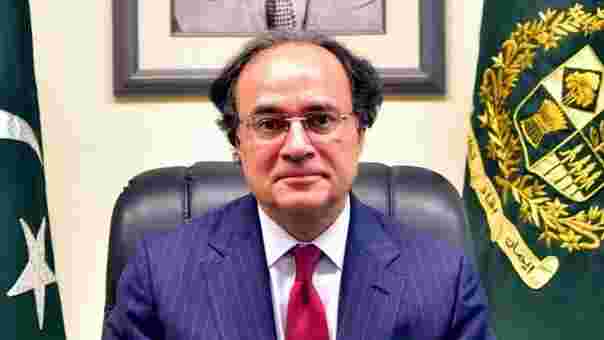Islamabad, October 21, 2024 – In a bold move aimed at streamlining tax compliance and broadening the tax net, Finance Minister Mohammad Aurangzeb has announced that the government is drafting legislation to eliminate the category of non-filers from the Income Tax Ordinance, 2001.
This step, long demanded by fiscal reform advocates, is expected to create a more transparent and accountable taxation system in Pakistan.
During a Senate session on Sunday, Aurangzeb emphasized that non-compliant individuals will face stringent penalties as prescribed under the Income Tax Ordinance. “The concept of non-filers will no longer exist,” he asserted, highlighting that the new legislation will introduce harsher penalties for those who fail to comply with tax regulations. The government’s initiative is aimed at closing tax loopholes and enhancing revenue collection.
Reports also indicate that the Federal Board of Revenue (FBR) is drafting a comprehensive bill to abolish both non-filers and late-filers categories, addressing a long-standing gap in the country’s taxation framework. The category of “late-filer,” introduced through the Finance Act of 2024, is already being contested in the Lahore High Court. The new legislation is expected to create an equitable system where every individual engaged in significant financial transactions, such as purchasing properties or vehicles, will be required to declare their sources of income.
Under the proposed law, if a tax-compliant filer can justify their sources of income, their immediate family members—including spouses, parents, and dependent children—would not be required to file separate tax returns for financial transactions. However, the primary filer will be responsible for providing the necessary details to explain the family’s income.
The FBR aims to simplify compliance for ordinary citizens by allowing certain transactions, such as purchasing motorcycles or cars up to 1300cc, without stringent income justification. Property transactions up to Rs. 10 million may also be exempt from detailed scrutiny. However, for larger purchases or high-value transactions, individuals will need to declare their income sources to avoid penalties.
In an effort to modernize the system, the FBR plans to launch a mobile app where taxpayers can declare their financial resources, reducing the need for time-consuming visits to tax offices. The app will serve as a digital platform for declaring income and ensuring compliance, making it easier for taxpayers to meet their obligations. The system will also link key financial activities, such as opening bank accounts and making investments, to tax filing, creating disincentives for non-compliance.
These reforms are expected to be rolled out in the coming months, marking a significant transformation in Pakistan’s tax regime. The government’s proactive stance reflects its commitment to fostering economic transparency and ensuring accountability among all taxpayers.
